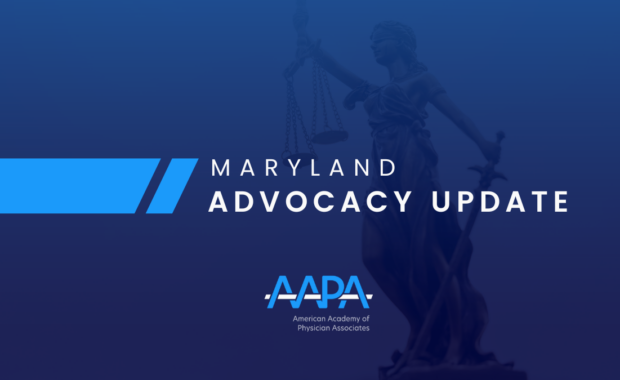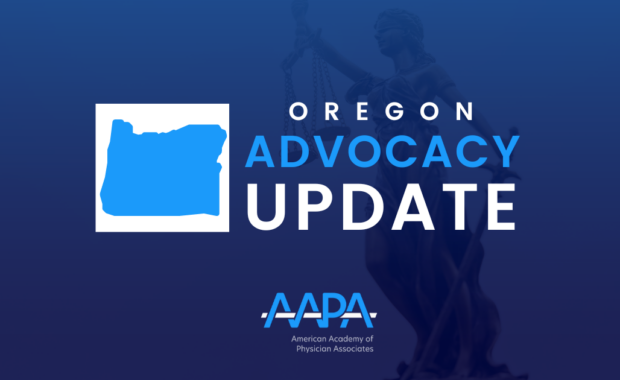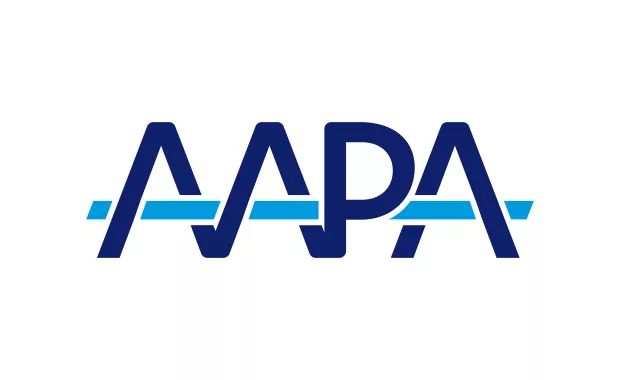PA Licensure Compact Update: Minnesota and Tennessee Become the 11th and 12th States to Pass PA Licensure Compact
Minnesota and Tennessee became the 11th and 12th states to adopt the PA Licensure Compact model legislation following signatures from both states’ governors.
May 28, 2024



